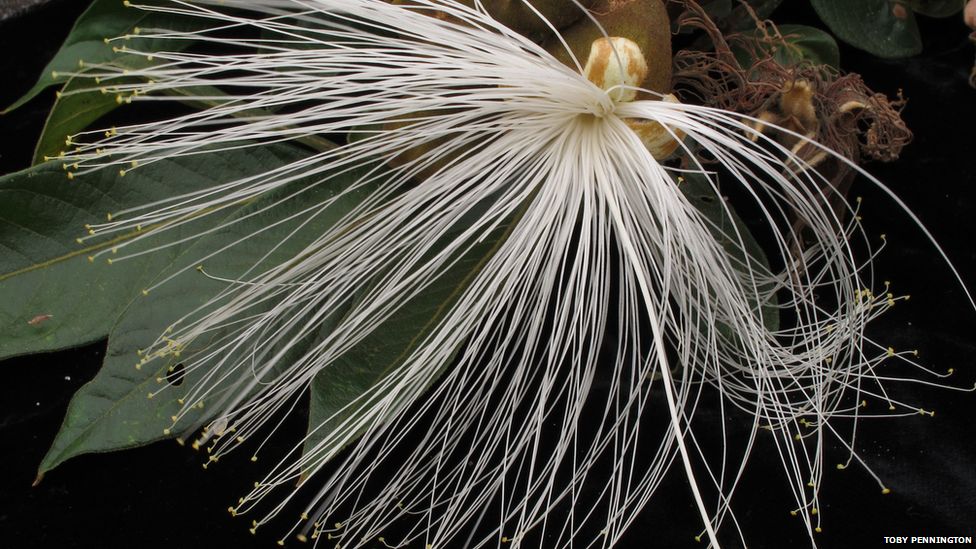Diversifying tree based grazing systems to create smallholder price premium opportunities for milk production in the Amazonian Arc of Deforestation

Funder: GCRF Global Research Translation Award
Soils in the Amazon are often nutrient-poor and unsuited to long-term agricultural use. Land converted to agriculture from natural vegetation tends to remain productive for only a few years, necessitating continual advance of the agricultural frontier; leading to deforestation, and food insecurity and poverty. Agroforestry (AFS) and silvopastoral (SPS) systems incorporate trees into crop and livestock systems and can dramatically impact on the maintenance and restoration of long-term productivity in degraded and abandoned agricultural landscapes. They are well suited to use by poor rural smallholders and provide major benefits to livelihoods and food security, as well as to local economies.
Inga is a diverse genus of legume trees, found across tropical Latin America. These fast-growing trees capture atmospheric nitrogen and fertilise the soil around them. They can be grown in poor, degraded soils, out-competing weeds and invasive species. University of Exeter in collaboration with Instituto Ouro Verde are addressing the issue of availability of Inga seed, which cannot be stored, by planting community seed orchards as a basis for scaling up AFS and SPS systems across Mato Grosso State, Brazil. The project is also developing 20 family-farm, Inga-based SPS systems as demonstration projects to provide the foundation to scale this approach regionally.

